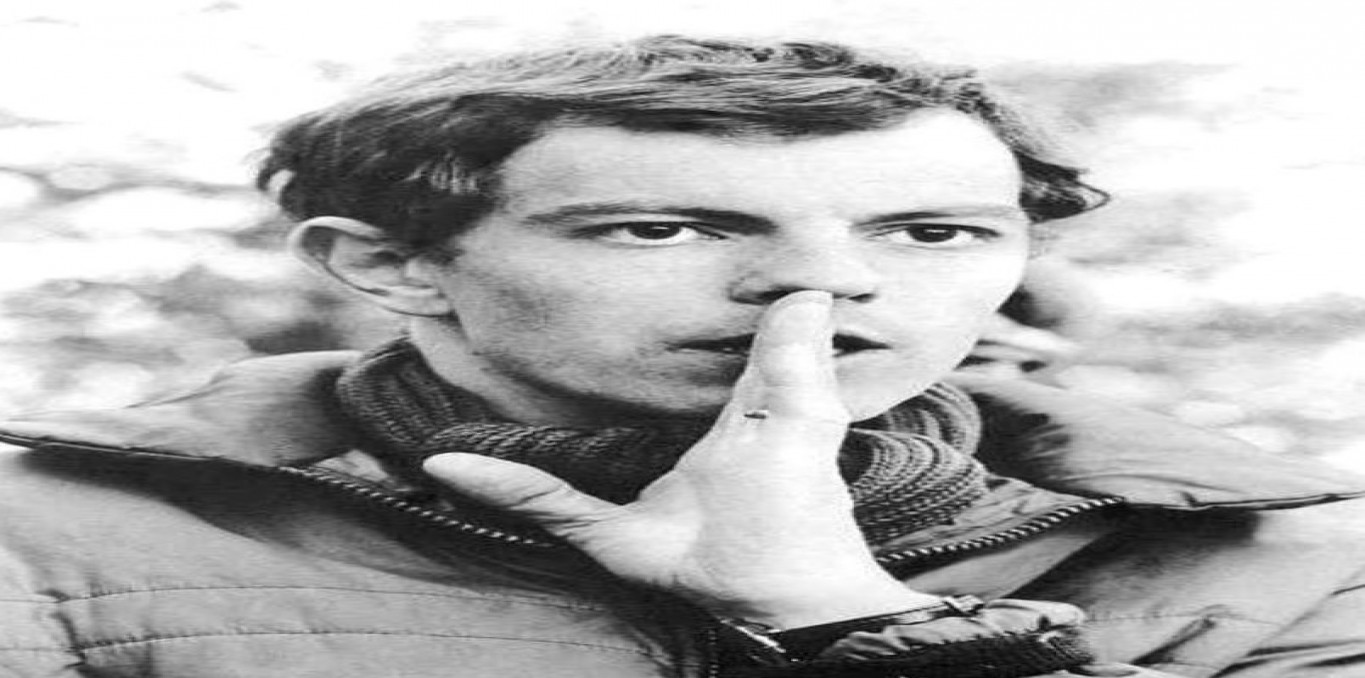Peter Watkins

Peter Watkins, born in 1935, is an English director. After studying drama at the Royal Academy of Dramatic Arts in London, he was soon recruited by the BBC. He then directed The Bomb (Oscar for best documentary in 1966), a film that was censored in England for 20 years. This experience was to be decisive, Watkins moved away from his country and made counter-current films. As a convinced pacifist and media critic, he proposed a committed and atypical cinema, freed from traditional narrative and aesthetic forms, dealing in particular with war and its absurdities. The Gladiators (1968), Punishment Park (1971), Edvard Munch (1974), Le voyage (1987) and La Commune (Paris, 1871) (2000) are all landmark films in the history of cinema.
Related to this realisator

Edvard Munch
In late 19th-century Norway, Edvard Munch is a promising young painter, but he is also a man tormented by love dramas, the fear of falling ill, and gripped by an idea: to be recognized at the height of his talent. Wounded by critics and rejected by the bourgeoisie to which he aspires to belong, he eventually finds refuge with the anarchists. Thus begins the incredible destiny of an essential ar...

La Commune (Paris, 1871)
March 1871. While a journalist from the Versailles television broadcasts soothing, distorted information, a communal television station emerges, an expression of the insurgent people of Paris. In a theatrical setting, more than 200 performers embody, before a mobile camera working in long takes, the characters of the Commune — particularly the residents of the Popincourt neighborhood in the 11t...

Edvard Munch
In late 19th-century Norway, Edvard Munch is a promising young painter, but he is also a man tormented by love dramas, the fear of falling ill, and gripped by an idea: to be recognized at the height of his talent. Wounded by critics and rejected by the bourgeoisie to which he aspires to belong, he eventually finds refuge with the anarchists. Thus begins the incredible destiny of an essential ar...

La Commune (Paris, 1871)
March 1871. While a journalist from the Versailles television broadcasts soothing, distorted information, a communal television station emerges, an expression of the insurgent people of Paris. In a theatrical setting, more than 200 performers embody, before a mobile camera working in long takes, the characters of the Commune — particularly the residents of the Popincourt neighborhood in the 11t...
